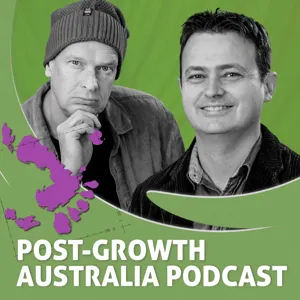Composers Shabaka Hutchings, Alwynne Pritchard and Oliver Leith share their music and thoughts exploring the nature of the human relationships which shape the music they make.
We listen to compositions rooted in friendship, explore attempts to decolonialise music, and intimate performances recorded in a toilet during lockdown. Join our CEO Susanna Eastburn MBE and composer Des Oliver for a unique insight into composing.
This podcast was produced by Michael Umney (Resonance FM) and mixed by Chris Bartholomew, with the theme tune composed by Rob Bentall. Our recommendation at the end is for Alwynne Pritchard’s #RecordedDelivery project.
In this episode, you listen to the following music and sounds:
Shabaka Hutchings
- Circadian Clocks (2015), performed by Cara Stacey and Shabaka Hutchings from Things that Grow by Cara Stacey, released by Kit Records
- Beasts Too Spoke of Suffering (2020), by Shabaka and the Ancestors, from We Are Sent Here by History released by impulse! Records
Alwynne Pritchard
- Stamp Club Report 1980 (2018), commissioned by Kammerkoret GNEIS and performed by vocalists Signe Bjorvatn, Lisa Braathen, Alexander Fiske Fosse, Jung-Jae Kim, Jone Kuven, Bendik Savstad, Tanja Silvestrini, Joar Simarud Stabell, Ørjan Hammar Vollvik and Emilie Wright. Recorded at The Grieg Academy (Bergen) by Cem Arapkirlioglu, mixed by Alwynne Pritchard
- Recorded Delivery (2020), a lockdown project inviting people to send fragments, to which Alwynne responded with a video postcard. We heard extracts from Recorded Delivery No.3 (Peter de Moncey-Conegliano) and No.6 (Bernd Bleffert)
- Heart of Glass (2019), performed by Zubin Kanga at the London Contemporary Music Festival (2019), recorded and edited by Reuben Penny
Oliver Leith
- Honey Siren (2020), recorded by 12 Ensemble in the album Death and the Maiden, released by PIAS / Sancho Panza Recordings
- good day good day bad day bad day (2018), written for and recorded by GBSR duo, released by another timbre
Our heartfelt thanks to the record labels, performers, composers and organisations who allowed us to include excerpts of these recordings on the podcast.









